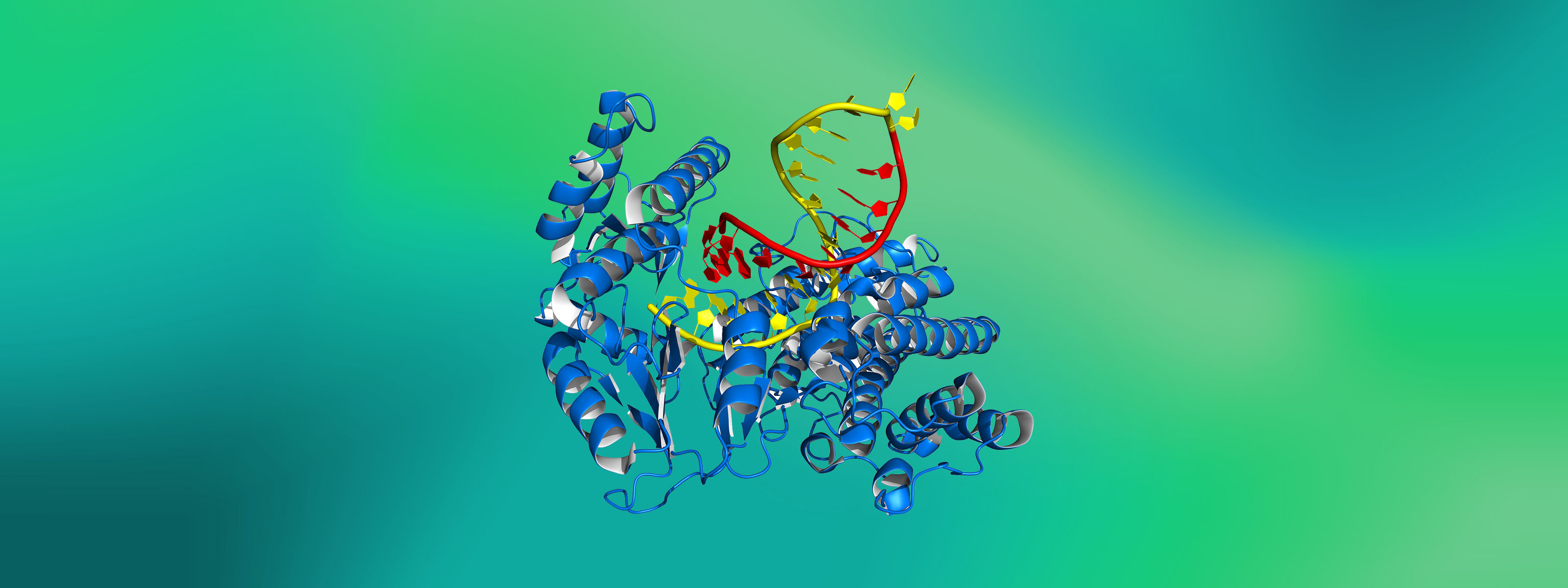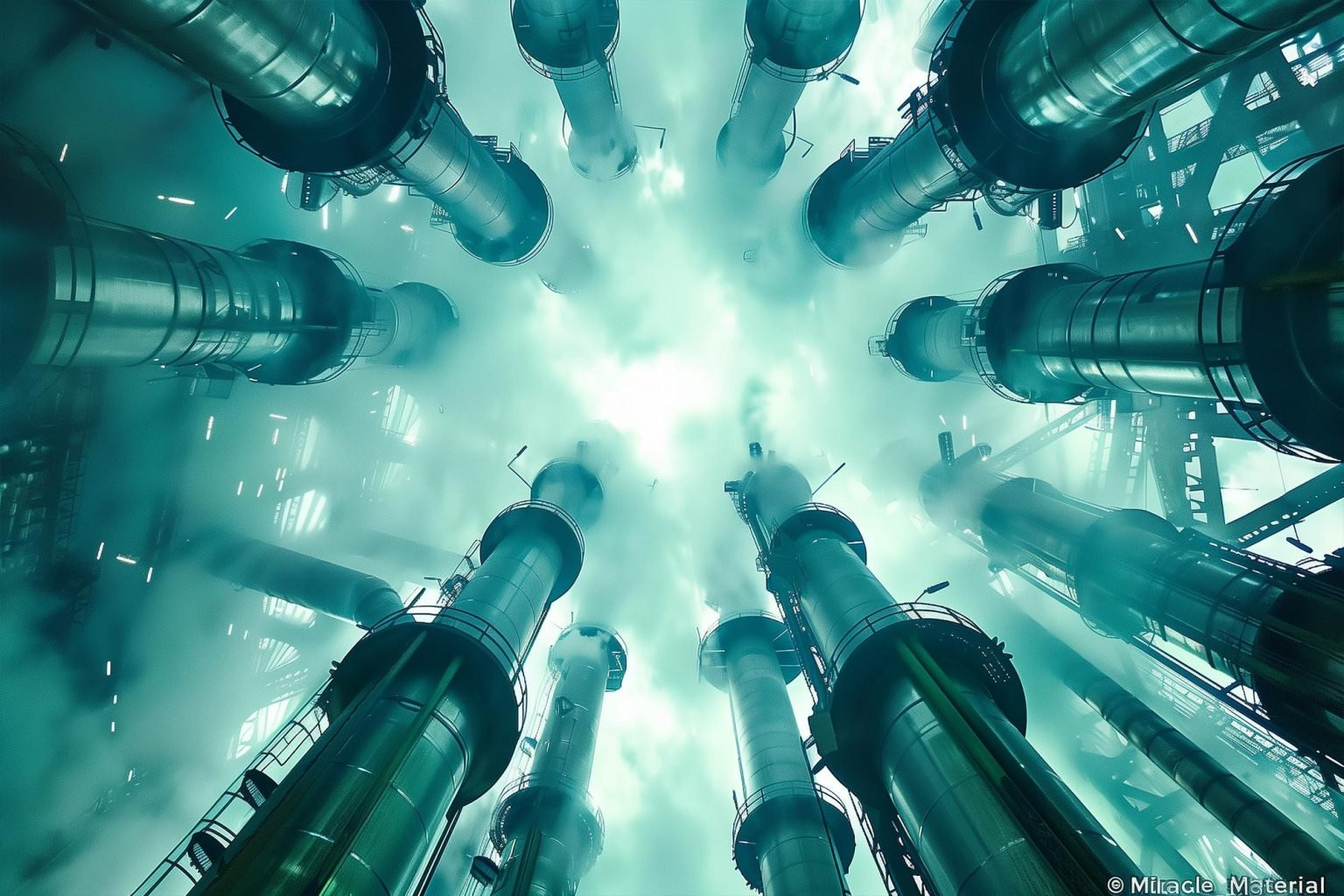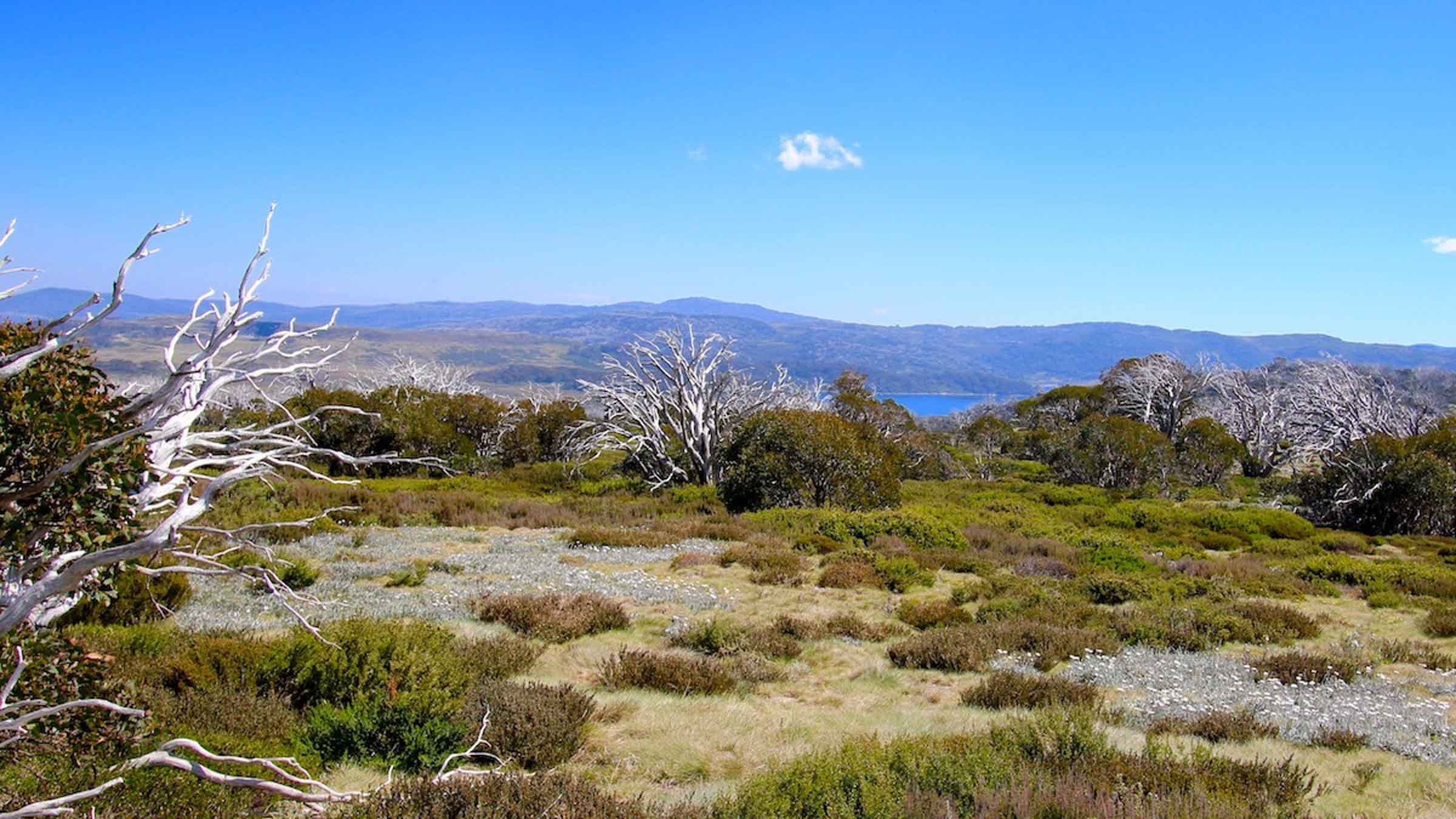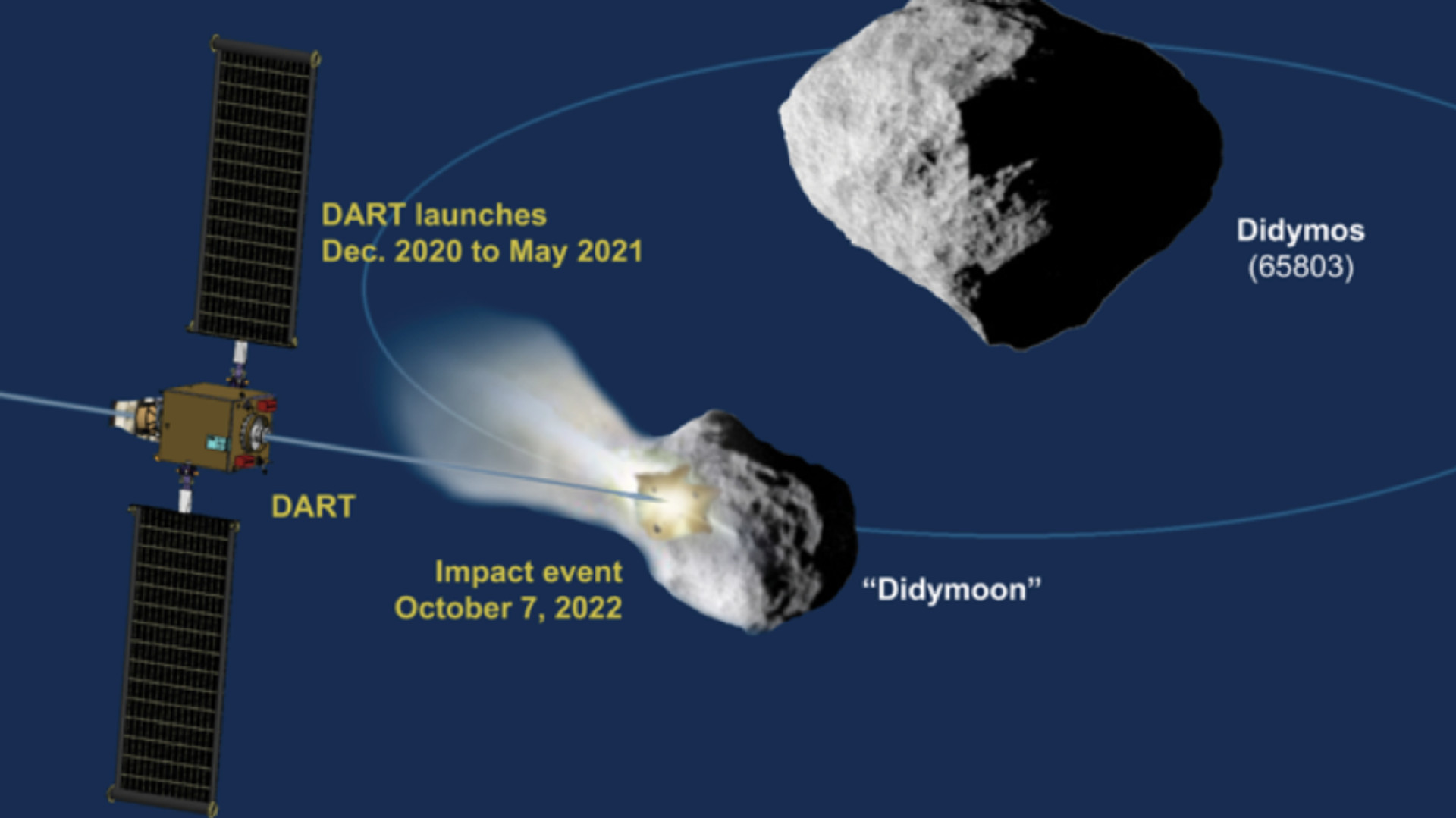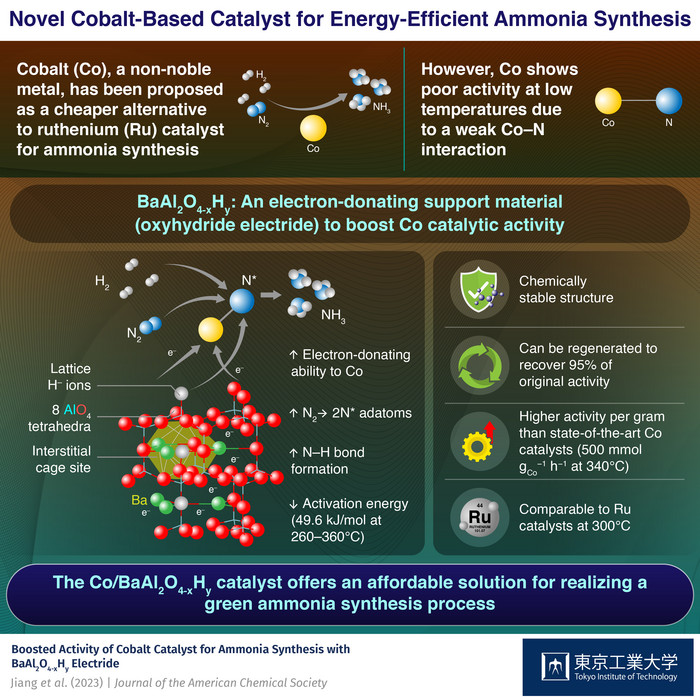The 2024 Nobel Prize in Chemistry has been awarded to a trio of scientists who used artificial intelligence to “crack the code” of almost all known proteins, the “chemical tools of life.”
“The potential of their discoveries is enormous,” the committee said as the award was announced in Sweden on Wednesday. The prize, seen as the pinnacle of scientific achievement, carries a cash award of 11 million Swedish kronor ($1 million).
Proteins: The Building Blocks of Life
Proteins, a string of amino acid molecules, are the building blocks of life. They help form hair, skin and tissue cells; they read, copy and repair DNA; and they help carry oxygen in the blood.
While proteins are built from only around 20 amino acids, these can be combined in almost endless ways, folding themselves into highly complex patterns in three-dimensional space.
The AI Revolution in Protein Structure Prediction
The committee said Wednesday’s prize had two “halves.” The first went to Hassabis, a British computer scientist who co-founded Google’s AI research laboratory DeepMind, and Jumper, an American researcher who also works at DeepMind.
Hassabis and Jumper were honored for using AI to predict the three-dimensional structure of a protein from a sequence of amino acids, allowing them to then predict the structure of almost all 200 million known proteins.
“It’s really a standalone breakthrough solving a traditional holy grail in physical chemistry,” Anna Wedell, a professor of medical genetics at Karolinska Institutet in Sweden and a member of the Royal Swedish Academy of Sciences, told CNN.
Their AI program – the AlphaFold Protein Structure Database – has been used by at least 2 million researchers around the world. It acts as a “Google search” for protein structures, providing instant access to predicted models of proteins, accelerating progress in fundamental biology and other related fields. The pair have already won the 2023 Lasker and the Breakthrough prizes.
“They’ve made everything public, so more or less every field can now turn to this database and use these tools to address their particular problem. So it’s made leaps possible in very, very many different areas,” Wedell, who uses the tool in her own work in rare diseases, said.
Since the pair’s key paper was published in 2021, it has been cited more than 16,000 times. David Pendlebury, head of research analysis at Clarivate’s Institute for Scientific Information, described this as “unprecedented and reflects the revolutionary impact of this work.” Out of a total of 61 million scientific papers, only around 500 have been cited more than 10,000 times, he told CNN.
Designing New Proteins: David Baker's Breakthrough
The second “half” of the prize went to Baker, a professor at the University of Washington, for using computerized methods to create proteins which did not previously exist and have entirely new functions.
Johan Aqvist, a member of the Nobel committee, said Baker had used his computer program first to “draw protein structures in new dimensions,” then to “figure out what sequence of amino acids would give you this structure.” This allowed Baker to create these new proteins, “most of which had never been seen before and didn’t exist in nature.”
He said the variety of proteins Baker had created was “absolutely mindblowing.”
“It seems that you can almost construct any type of protein now with this technology,” Aqvist said.
The committee said that being able to construct new proteins has a vast range of potential uses, from creating new pharmaceuticals to developing new vaccines more quickly.
The Future of AI in Science
Wednesday’s chemistry prize has reinforced the huge influence of AI in science.
The Nobel Prize in physics, awarded Tuesday, was shared by Geoffrey Hinton, dubbed the “Godfather of AI,” and John Hopfield, for their work on artificial neural networks – the same technology that helped underpin the work of the new chemistry laureates.
“The Nobel Foundation’s selections of laureates in physics and in chemistry this year can only be described as bold,” Pendlebury said. “The acknowledgment of the transformational role of AI in research in two categories, back-to-back, is unprecedented.”
These groundbreaking discoveries in protein science, fueled by the power of AI, mark a turning point in our understanding of the fundamental building blocks of life and hold immense promise for transforming medicine, materials science, and countless other fields. The future of AI in science is bright, and this Nobel Prize is a testament to the transformative potential of this technology.
A New Era of Discovery
The Nobel Prize in Chemistry for 2024 is a powerful reminder of the incredible progress being made in the field of science. The work of these three scientists, using AI to unravel the secrets of proteins, opens up a new era of discovery and innovation, with potentially life-changing implications for humanity. This award is a testament to the power of collaboration, innovation, and the boundless potential of scientific exploration.




